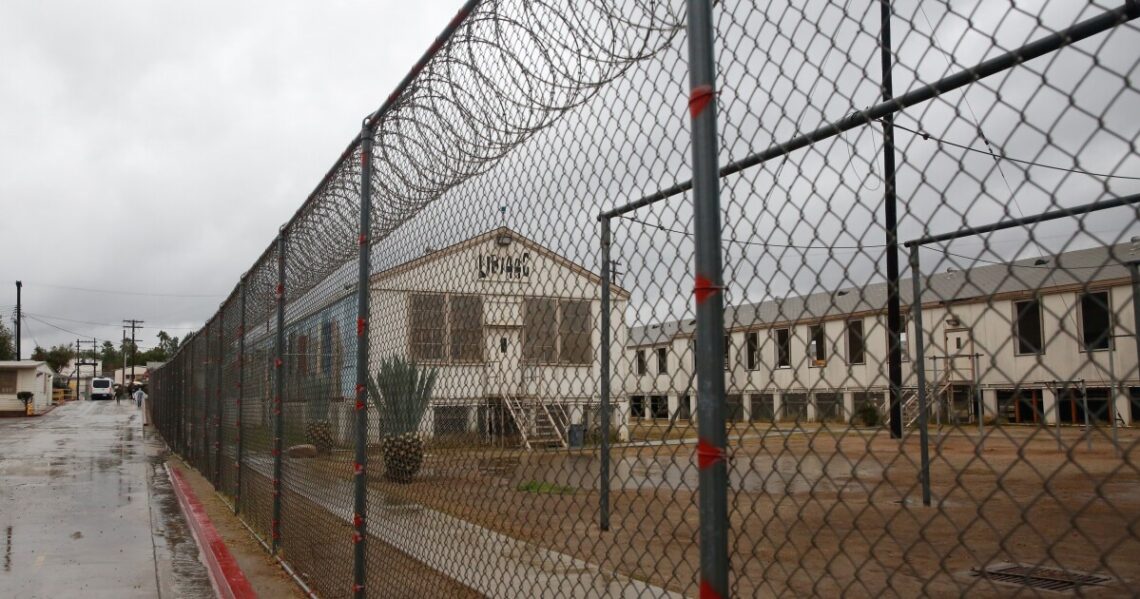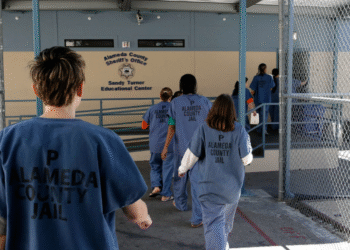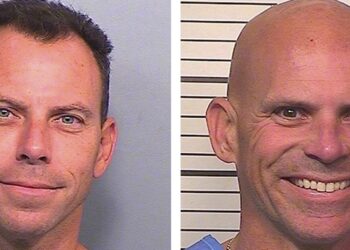Proposition 36, the tough-on-crime ballot measure that would increase punishment for certain drug and theft offenses, appears likely to pass with polls showing voter support by large margins.
Its momentum has behavioral health leaders across California trying to figure out how they’d actually implement a part of the measure that pledges “a new era of mass treatment for those who need it the most.”
As far as they can tell, California counties don’t have the resources to provide what Prop. 36 envisions: behavioral health treatment for people convicted for a third-time drug offense.
“We simply don’t have enough capacity right now to take on a whole new population of folks that are getting mandated into treatment,” said Dr. Ryan Quist, behavioral health director of Sacramento County.
Their concerns center on an element of Prop. 36 that would create a new kind of felony, also known as a treatment-mandated felony. It would allow prosecutors to charge a person arrested for possession of certain drugs, such as fentanyl or heroin, and who have two or more previous convictions for certain drug crimes with the new felony.
After pleading guilty or no contest, they’d be able to choose: undergo substance use disorder or mental health treatment, or serve up to three years in jail or prison.
“By requiring treatment for those with a pattern of repeat drug convictions, we can save lives and help bring everyone indoors,” say proponents on the campaign website. “Prop. 36 represents a tool to help us address the crisis of homelessness because people who receive treatment have a much greater chance of staying housed.”
There’s one big catch: Most…
Read the full article here







